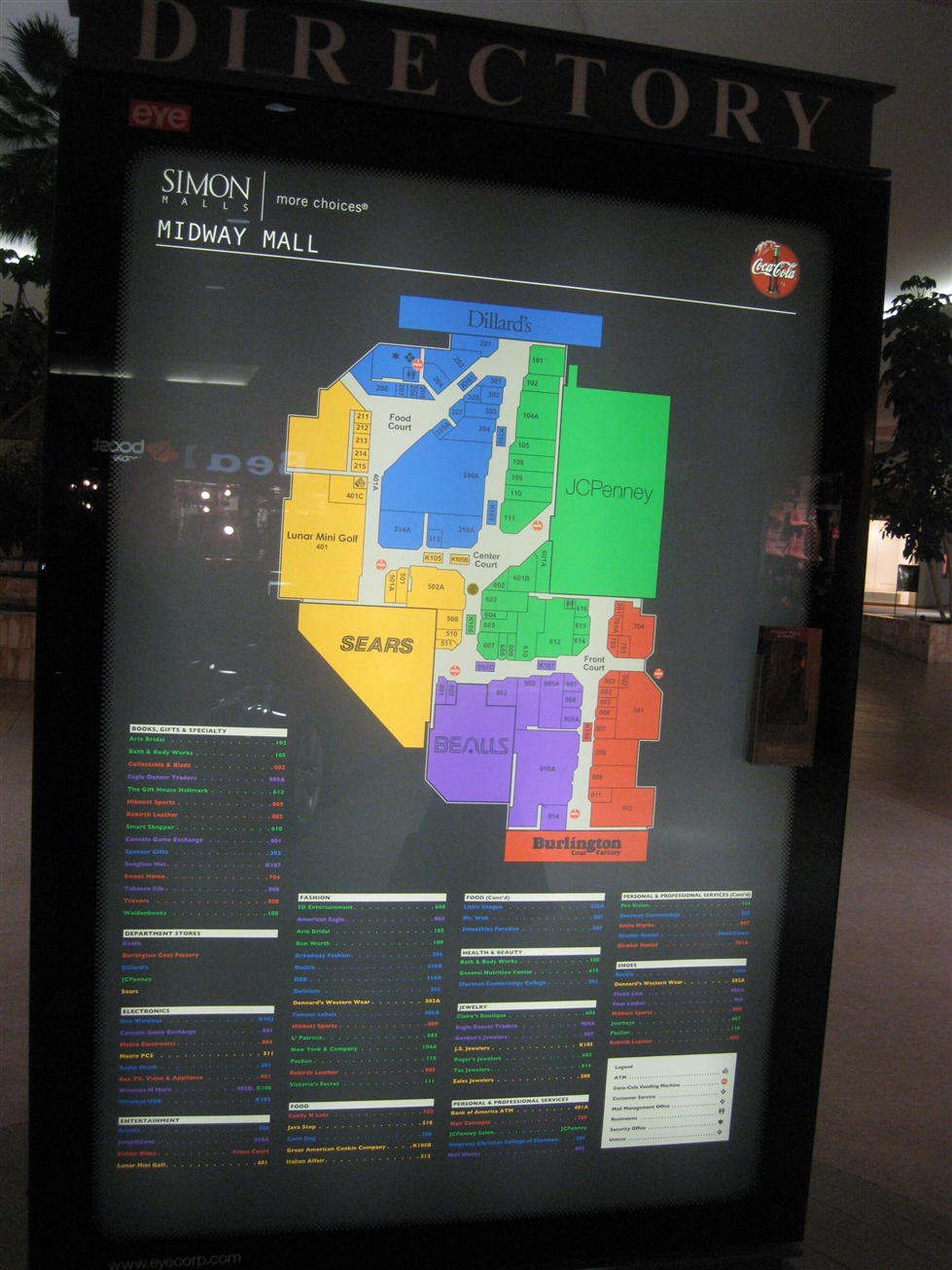Physicist: Maybe.
When written down, most physical laws involve at least one physical constant. For example, the “G” in gravitational force: , or the “h” in the energy of photons:
, or the speed of light: “c”. There are a couple dozen other (more and more obscure) constants out there. Changing these constants changes how the universe hangs together, which forces are most important, what chemical elements are possible, how (and if) things interact, whether or not stars exist and for how long, etc.
None of the constants have any reason to be what they are, and not something else. Sure, G=6.673 × 10-11m3kg-1s-2, but why? Why not G=2 m3kg-1s-2 or something?
What’s really spooky is that even tiny changes in most of the physical constants tend to make life, and even the universe as we know it, impossible. Some research (computer simulations mostly) has recently suggested that there are completely different combinations of constants that lead to universes that are unrecognizably strange but still capable of supporting highly complicated systems (and so, possibly life).
Here are my two most fave theories about why the universe is so nice:
If there are plenty of universes: you can use the anthropic principle. The anthropic principle can be used to justify effects that require an observer. For example: “you are here” signs are always correct when you’re there to see them, but are always wrong when you’re not. You can sometimes find people excited about how perfectly the universe (Earth in particular) is suited to Human life, and admittedly the fit is pretty good. But you can justify that fit using the anthropic principle; if you’re going to find Human life somewhere in the universe, do you really expect to find people on an acid world or some kind of lava monster world?
To get all the constants just right you’d need a huge (probably infinite) number of universes. Turns out that picking a number truly at random is tricky. If you have enough universes, then many of them will have the right balance to allow life, no matter how unlikely it is. Now everyone capable of asking the question will find themselves asking it in a universe perfectly suited for life, despite the fact that the overwhelming majority of universes are completely inhospitable.
The idea that there are effectively (or actually) an infinite number of universes is not new to physics. All quantum mechanical systems (which is everything, really) exist in every possible state simultaneously. However, all of these states use the same physics, so the jump to every possible universe with every possible set of physical laws is a pretty big jump (“Powellian” even). But, sadly, we don’t know just a hell of a lot about universe creation. It might be completely reasonable for new universes to have different physical constants. We’ll have to create a few trillion to know for sure.
If there’s one universe: you don’t get to use the anthropic principle. But how about this: When you create a batch of particles (using accelerators mostly) the stuff that flies out is in the highest entropy it can manage. You’ll see lots of different kinds particles, in different states, flying in different directions, and all of it is random. Low predictability = high entropy. The exact results of particle creation are impossible to predict.
What if the creation of the universe followed the same rule? That a universe with its constants tuned for very high entropy is more likely to be created. The tendency of things to have high entropy is independent of the constants involved, so it’s not completely unreasonable to apply a rule like this, merely very unreasonable. Looking around at the universe today, it would seem to be set up to maximize its own entropy. Chemicals of amazing complexity are possible, there are almost a hundred natural elements (which requires crazy balance), there are dozens of different types of exotic particles that blink in and out everywhere all the time. Very unpredictable, very high entropy. By contrast, if you kept everything the same, but changed the mass of the proton from 1.673 × 10-27 kg to 1.675 × 10-27 kg (0.2% increase) you’d find that all the universe’s protons would turn into neutrons in short order. No more chemicals (or even elements) of any kind. Very predictable, very low entropy.
It may be that the universe is the way it is just to be as complicated as possible.








Pingback: Q: How would the universe be different if π = 3? | Ask a Mathematician / Ask a Physicist
Pingback: 23. New arguments | Expanding Sky